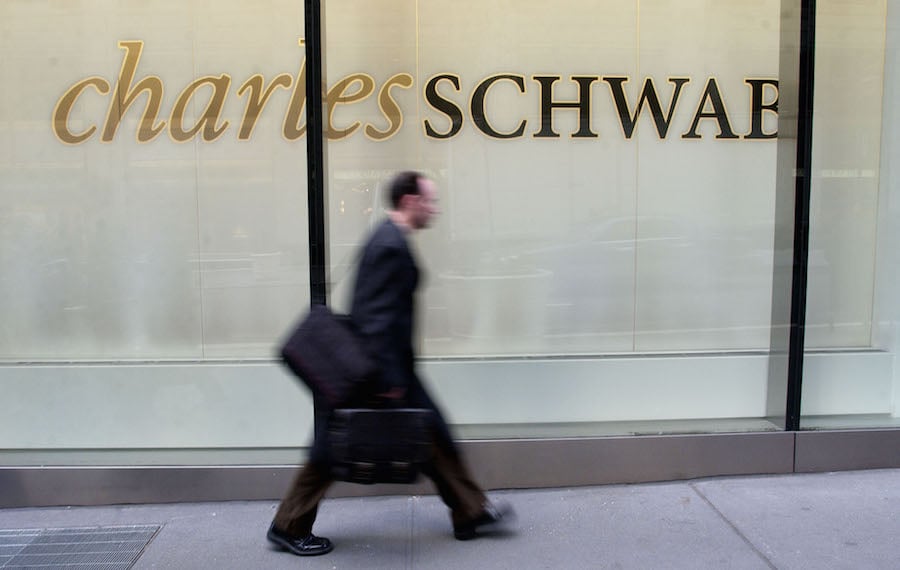The
uncertainty created by large firms pulling out of a brokerage industry agreement that makes it easier for financial advisers to move to a new employer has had little effect on financial advisers' thinking about leaving the brokerage industry, where they typically are employees and charge commissions, to
become registered investment advisers, where they may own their practice and charge fees.
Last year, Morgan Stanley and UBS Financial Services
upended the wealth management industry by withdrawing from the agreement, dubbed the protocol for broker recruiting. The move was a determined effort by the two wirehouses to hold on to more of their brokers.
The new survey, the "Spectrum of Advisor Independence Study," which was conducted by Schwab Advisor Services, questions whether such moves to scrap the broker protocol have been successful.
According to the survey of 152 financial advisers who have considered becoming independent registered investment advisers, the majority, 66%, said they basically have no opinion about the potential impact of the broker protocol on advisers' seeking new forms of employment.
Sixteen percent of the advisers surveyed said the withdrawals from the broker protocol would slow down adviser moves or decrease the number of advisers moving.
Just 9% of advisers said that widespread uncertainty around the broker protocol will speed up or increase adviser movement, while the same portion said the uncertainty about the protocol would have no impact on advisers moving from Wall Street banks and wirehouses to much newer and smaller RIAs.
The study concludes that the changes in the broker protocol have had largely a neutral impact on advisers' moves to RIAs. Sixty-six percent of advisers said that recent changes in the protocol have made no difference in their interest in moving from a bank or wirehouse to an RIA, while 73% said the changes would have no impact on the timing of any change of employers in the future.
One adviser agreed with the study's conclusions.
"I think the protocol has been less of an issue than people make out," said Ryan Marcus, managing director at Aurora Private Wealth, an RIA with $248 million in assets held in custody at Schwab. "Advisers have been transitioning from before the document ever existed. Advisers will continue to leave firms that are non-protocol and join firms that are non-protocol."
Mr. Marcus was speaking at an event Wednesday morning sponsored by Schwab to promote the study. The Aurora Companies collectively are responsible for overseeing close to $4 billion, the company said.







